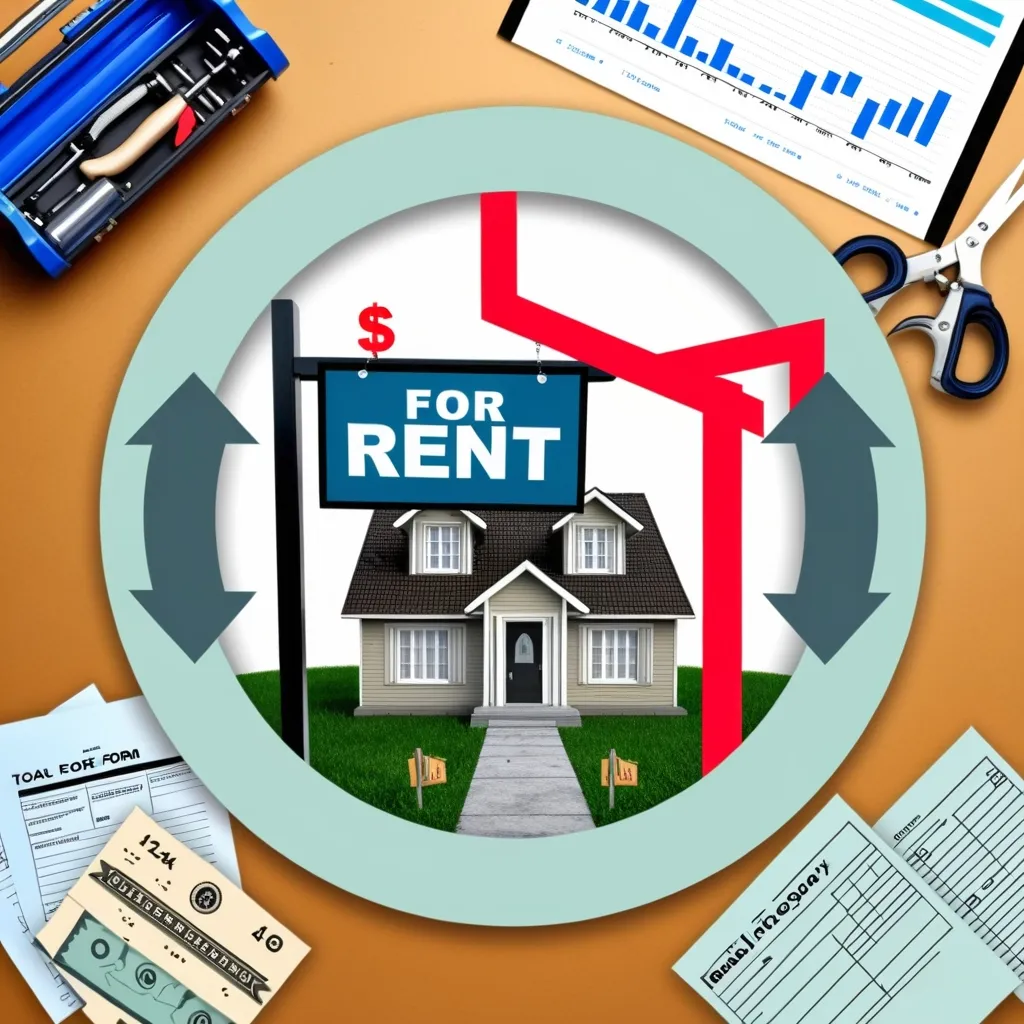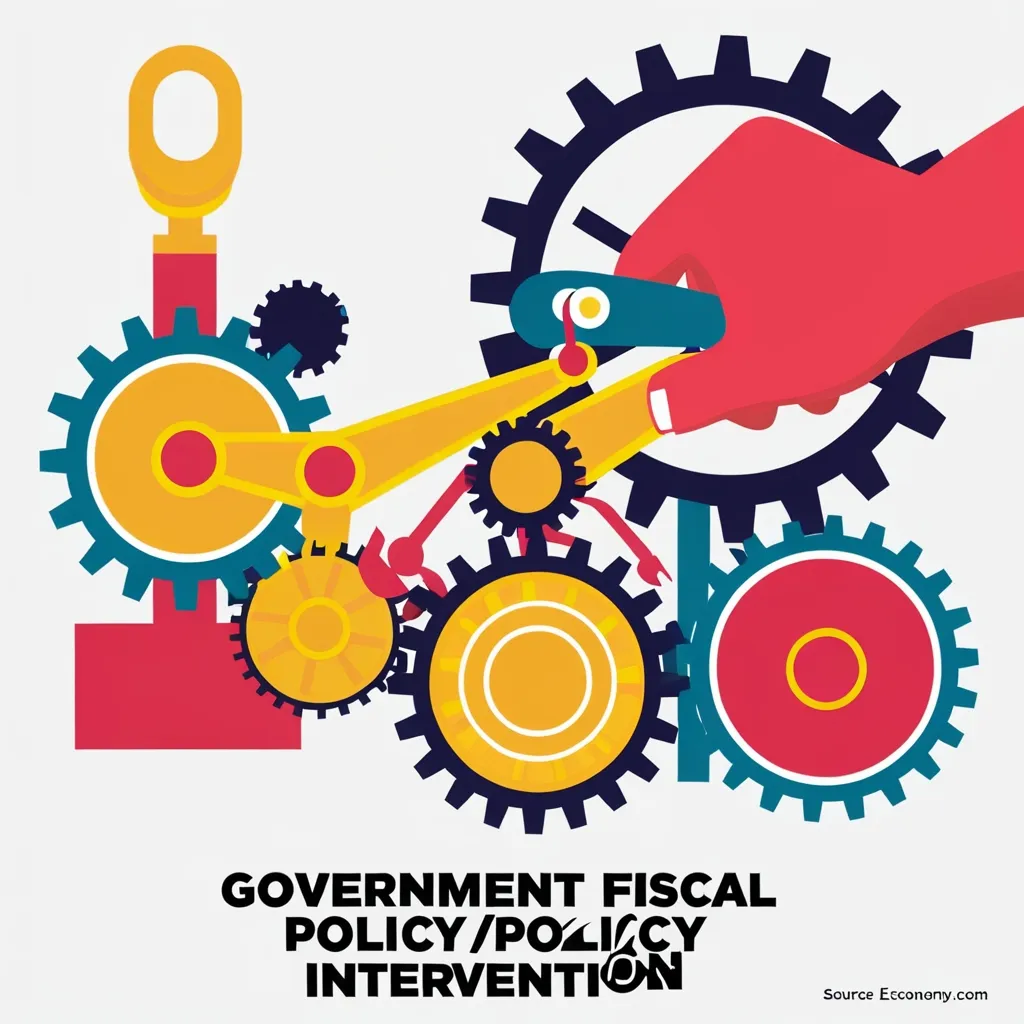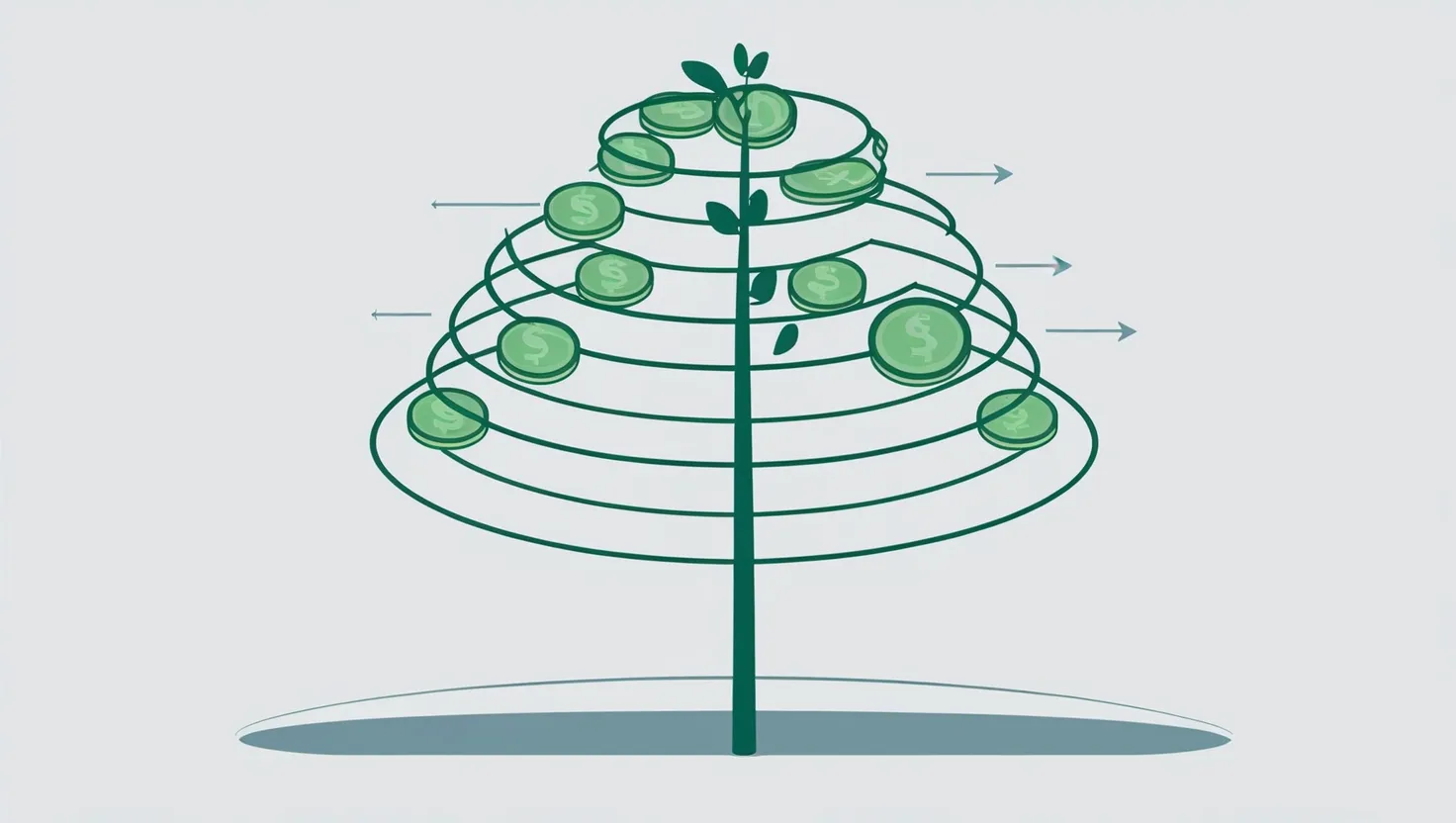So, you’re toying with the idea of buying a rental property and wondering if it’s worth the plunge, eh? Well, it might seem like a straightforward path to passive income, but there’s a lot more to it. Let’s break it down and see what goes into making this investment truly work for you.
The ABCs of Rental Properties
Jumping into rental properties isn’t like dropping some cash into stocks or a mutual fund; it’s more hands-on. Picture this: instead of a passive income source that runs on autopilot, it’s more like picking up a part-time gig. You become responsible for maintenance, dealing with tenant issues, and hunting for new tenants when the place is vacant. Yeah, it’s a balancing act, but it can be rewarding.
Money Matters
Let’s talk dough. The big upside of owning rental property is the potential for monthly income. But it’s not as simple as pocketing rent checks. First, you gotta cover the basics — mortgage payments, fees, taxes, and maintenance. Your goal is to have the rent exceed these costs, giving you a positive cash flow.
Using the 2% rule is a nifty trick here. If your monthly rent is 2% or more of the total investment, you’re probably in good shape. For instance, if you drop $200,000 on a property, aim for at least $4,000 in monthly rent. If those numbers line up, you’re likely to stay in the black.
Dealing with Headaches
Now, renting out property has its curveballs. The biggie is dealing with troublesome tenants. Imagine someone who either stops paying rent or trashes the place. That’s a double whammy — costly evictions and expensive repairs, eating into your profits.
And then there’s the rental market itself, which can be a rollercoaster. Rents can dip, sometimes not even covering mortgage and maintenance costs, especially in weak markets. Plus, high interest rates or an economic slump can also throw your profit plans off balance.
Keep It Spick and Span
Maintenance is where rental property ownership gets real. Regular repairs and upkeep are must-dos to keep the place attractive to good tenants. Doing this yourself? It’ll cost time and money. Or you could hire a property management company, but they’ll take 8% to 12% of your monthly rent for the service. So, factor that in.
Tax Perks
Despite the hassles, owning rental property comes with notable tax perks. You can deduct a bunch of expenses — mortgage interest, property taxes, maintenance costs, and management fees. These deductions help you shrink your taxable income, meaning more profit stays in your pocket.
Stay Ahead of Inflation
Real estate can be a solid hedge against inflation. When inflation creeps up, so do rents, keeping your income steady or even boosting it. Plus, properties tend to appreciate in value over time, adding another layer of potential wealth.
But, keep an eye on market trends. Low housing inventory and high interest rates can make finding and affording a profitable property tricky. Also, rental growth isn’t skyrocketing everywhere, so your returns might be a mixed bag.
Commitment to Landlording
Good landlords aren’t born; they’re made. It takes serious time and effort. You’ve got to be on the ball with tenant needs and property maintenance. But this hands-on approach can yield long-term benefits, creating solid relationships with tenants who treat your place well and pay rent reliably.
Financing and Your Credit Score
Securing financing for a rental property often means shelling out a bigger down payment — typically around 25%. This is because lenders see rental properties as riskier bets. Your credit score plays a big role here too. A higher score can get you better mortgage rates, affecting your overall costs and profitability.
Thinking Long-Term
For many, rental properties aren’t just a source of side income; they’re part of a bigger financial picture, often tied to retirement planning. Owning rental property offers steady income and can be a valuable asset to pass down. But don’t put all your financial eggs in one basket. Balance this investment with other financial goals to see if it fits your bigger plan.
Taking the Leap
Owning a rental property can be a great investment if you go in with your eyes wide open and a solid game plan. Do your research, understand the market conditions, and crunch the numbers to make sure they work in your favor. While it’s not a passive investment, the potential for steady income and property appreciation makes it appealing if you’re up for the challenge.
Before you dive in, weigh your potential returns against other investment options like index funds and consider the time and energy required. With smart planning and a proactive approach, owning a rental property can turn out to be a satisfying and lucrative venture.






